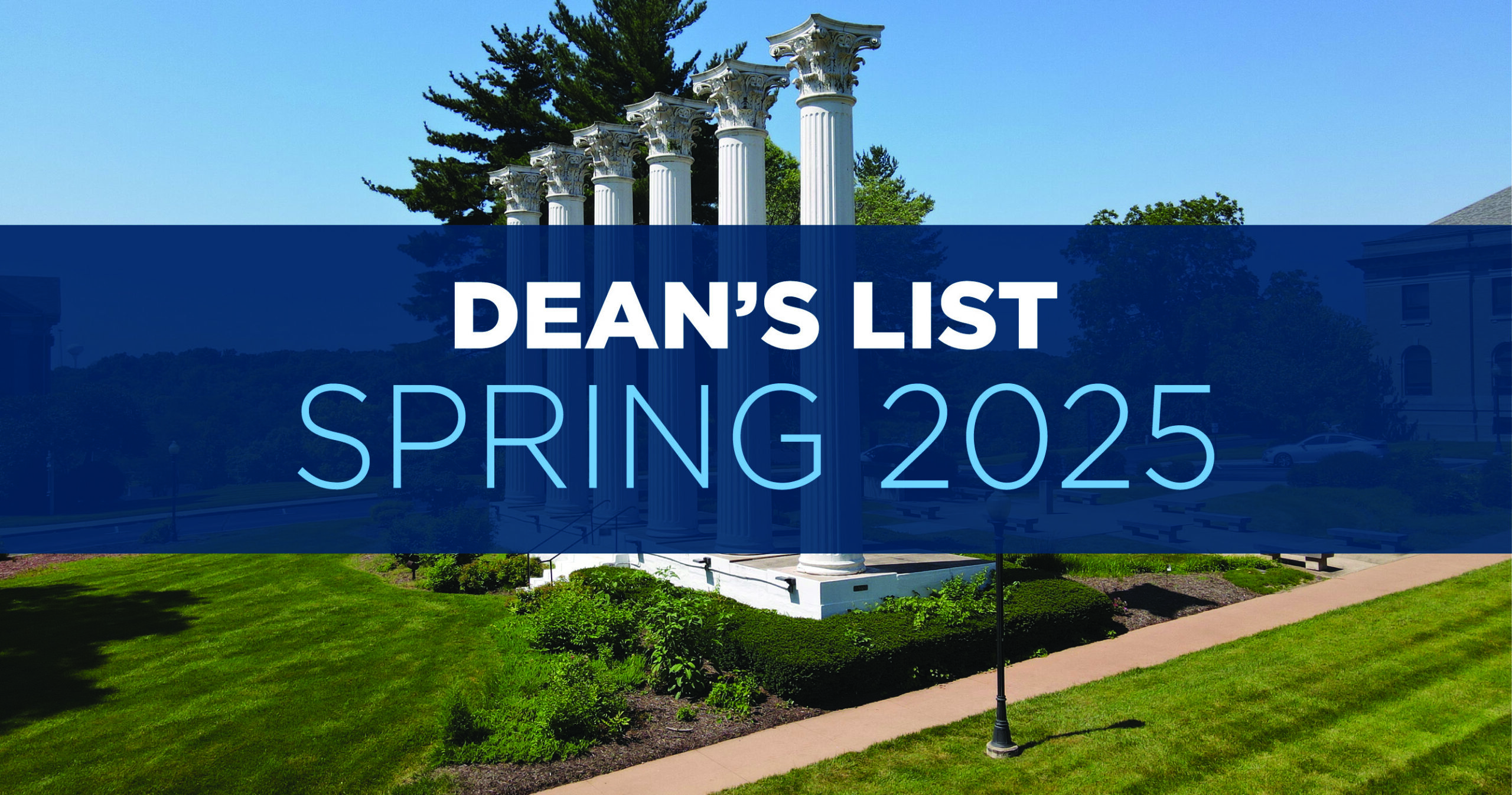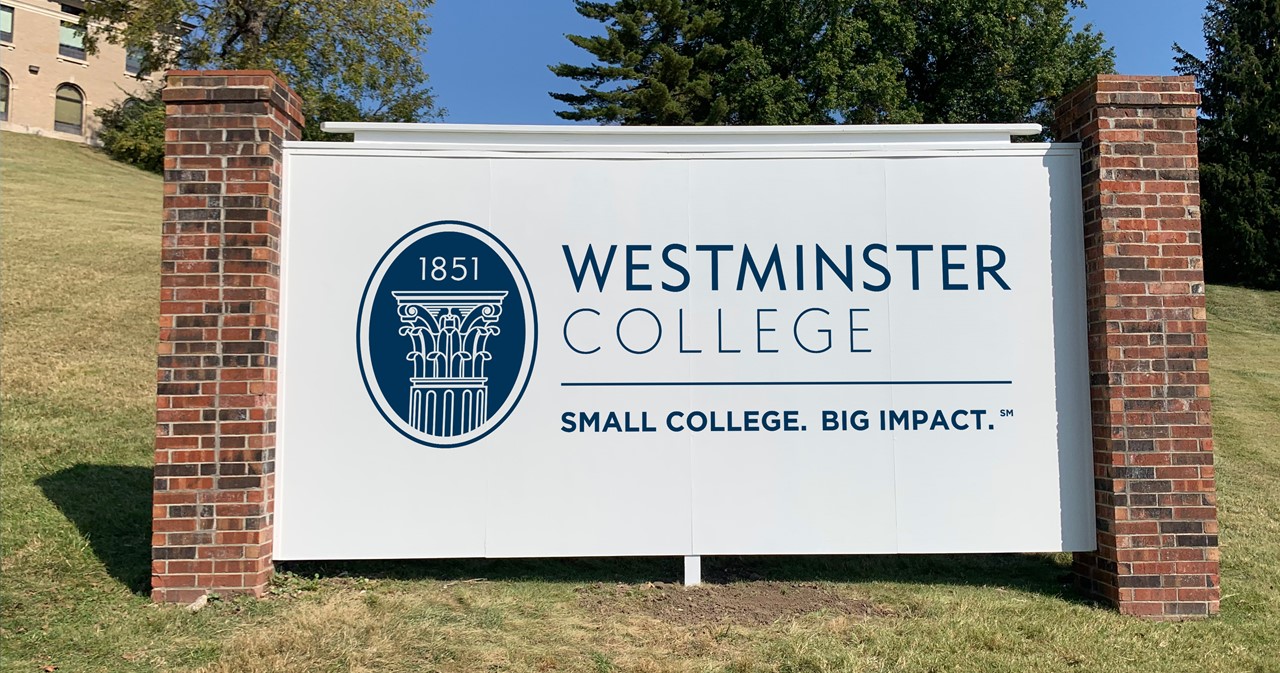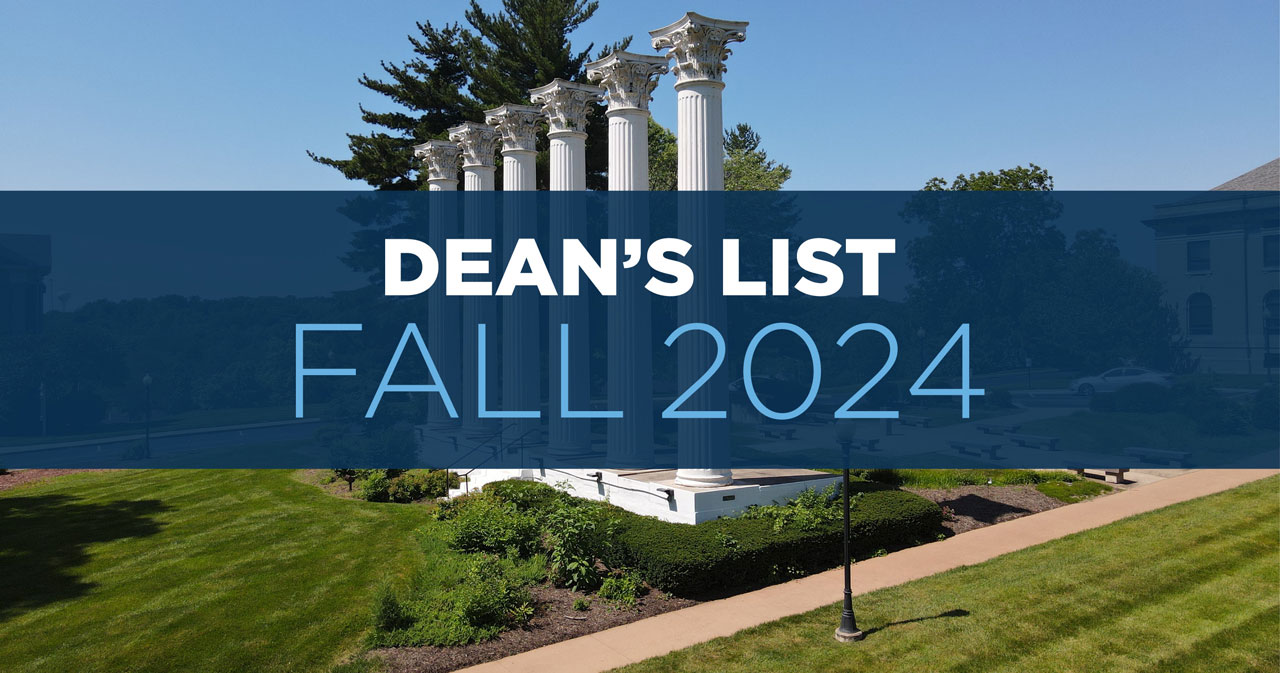Planning for graduate school is an exciting multi-step process. It involves examining why you want to attend, deciding what to study, finding the right program, and applying to those programs that would be a great match.
Making the Decision – Attending graduate school is a serious endeavor and should not be made because you are not ready for the “real world”. If that is the case, consider taking a “gap year”, where you teach abroad, work for a non-profit or just work to obtain additional experience. To be a viable candidate for graduate school you should have a passion for the field you intend to pursue and feel you are ready for intense academic study.
Timeline – Begin your approach to graduate school early. Apply during the fall of your senior year however research programs in your junior year and take necessary entrance exams in late summer. For more information log onto http://www.princetonreview.com/grad/application-timeline.aspx
Be sure to check the due dates of applications and ensure that the materials are turned in on time, preferably several weeks in advance. Programs will vary in their deadlines and just remember, early is best!
Sources of information about specific graduate programs include:
- Professors, current graduate students and alumni
- Peterson guides, academic journals, library resources (i.e. Gourman Report)
- Published national rankings (i.e. Business Weekly, US News and World Report)
- College’s career services or alumni office information, university’s graduate school fairs
- Professional associations/ accreditation sources i.e. American Physical Therapy Association (APTA), American Psychology Association (APA), Computing Sciences Accreditation Board (CSAB)
- Free commercial general help websites such as GradSchools.com, Petersons.com, PrincetonReview.com, and AllAboutGradSchool.com.
- The programs themselves (websites, visits, etc)
Obtaining the tools and understanding the selection criteria – Many graduate programs expect you to have certain courses by the end of your undergraduate career. Make sure you know what is needed for your program and that you have taken the prerequisites, even if these courses are not required for your undergraduate major. Look into:
- Standards for application (average GPA, entrance exam required/score, experience?)
- Competitiveness of the acceptance process
- Entrance exams needed to get into the program. These include: GRE, LSAT, GMAT, MCAT, DAT and others specific to the program of study.
- Helpful websites: ETS.org/GRE, Kaptest.com, MBA.com.
Narrowing down the search – Consider applying to between 6-10 graduate programs. Apply to three tiers of programs, with at least two of each:
- Safe (very good chance of getting in)
- Probably/Maybe (possible admittance)
- Reach (most competitive)
- Apply early, before deadline (very important for competitive programs)
Obtaining letters of recommendation – Graduate schools pay particular attention to both what the letters of recommendation say and who they are from. The graduate programs will provide you with guidelines regarding how they are to be received; many will request them electronically from a list of references you provide.
- Request letters of recommendations several weeks before applications are due
- Ask professor to meet with you to discuss your graduate school plans. “Would you be comfortable making a strong recommendation for my admittance into ..?”
- Share your resume and if appropriate other relevant documents that attest to your academic abilities and experience (i.e. transcript, graded paper/lab results, thesis, etc)
- Remind professors and follow-up if necessary (don’t assume they responded if you aren’t sure they have)
- Recommendation letters can come from other individuals who know your abilities outside of the classroom (if instructions on the graduate program application allow)
Writing an outstanding personal statement – The admissions essay or personal statement is your opportunity to let the admissions committee learn more about yourself and why you would be a great fit for their program.
Remember to:
- Carefully structure your essay. Be creative and informative as you introduce yourself, incorporating a little personal information that will pique interest in reading your essay.
- Explain your interest in the field, using graduate level language to explain undergraduate accomplishments (terminologies used in this field of study)
- Use names of professors at your institution and at the program you are applying to that tie in with your area of interest (i.e. “Under the guidance of Professor Amspoker I studied the ——— or I was fascinated by the research done by ____ at your institution )
- Be sure to describe what attracted you to this specific program and how the program is a perfect match to your skills.
- Incorporate a challenge or obstacle you have overcome to demonstrate your stamina or maturity for graduate study. If your application has some weak areas, address what you are doing to strengthen them (or address these in an addendum at end of application)
- Helpful websites: SamplePersonalStatement.org, Petersons.com
Application fees and related expenses – Graduate or professional programs usually charge an application fee –calculate this into your strategy when you are applying to several schools. You will also have to pay for your official transcript, from all the colleges and universities you’ve attended, to be sent to the programs to which you are applying. You would typically request these from the Registrar’s Office.
Receiving financial assistance – Complete financial aid forms and apply for relevant scholarships. Other options for financial aid include:
University funded sources:
- TA-Teaching Assistantship, RA-Research Assistantship, GA-Graduate Assistantship (often paired with tuition waivers)
- Fellowships and grants (no teaching/research may be expected)
- Finaid.org, Fastweb.com, loans (private banks and federal loans)
Westminster College graduates boast a 96% success rate, and our Center for Career Development supports students as they prepare for their futures. In this article, Center for Career Development Director Meg Langland offers tips on nailing your grad school application.
Be prepared for an interview – Although not part of the application, some graduate programs use interviews to get a look at finalists. Examples of these questions include:
Why did you choose this area of study?
Why you have chosen to study here?
Do you have any Post-degree plans?
What is a good book you have read?
What do you think is the biggest issue facing this field of ____ today?
What class in your undergraduate education had the most influence on you?
Describe your research experience.
What experience outside of the classroom had the most impact on you?
What do you think will be the biggest challenge in completing your graduate degree?
They may address any area of perceived weakness
Following these guidelines will help prepare you for one of the most rewarding and challenging times of your life. Education is one of the best personal investments you can make – it’s important to choose your path wisely!
 Meg Langland, M.Ed., LPC, is the Director of Center for Career Development at Westminster College.
Meg Langland, M.Ed., LPC, is the Director of Center for Career Development at Westminster College.
This is the editorial account for Westminster College news team. Please feel free to get in touch if you have any questions or comments.







You must be logged in to post a comment.